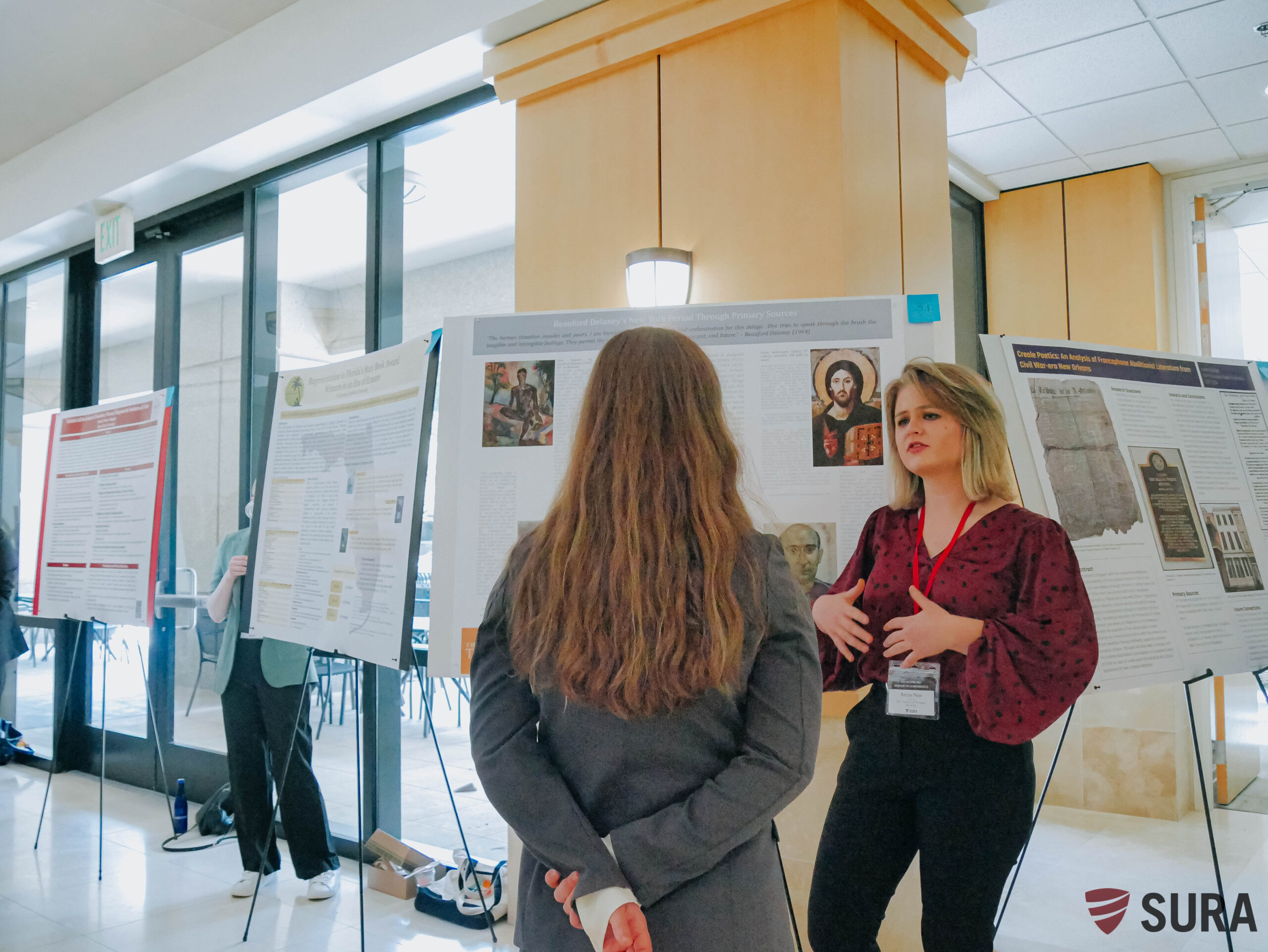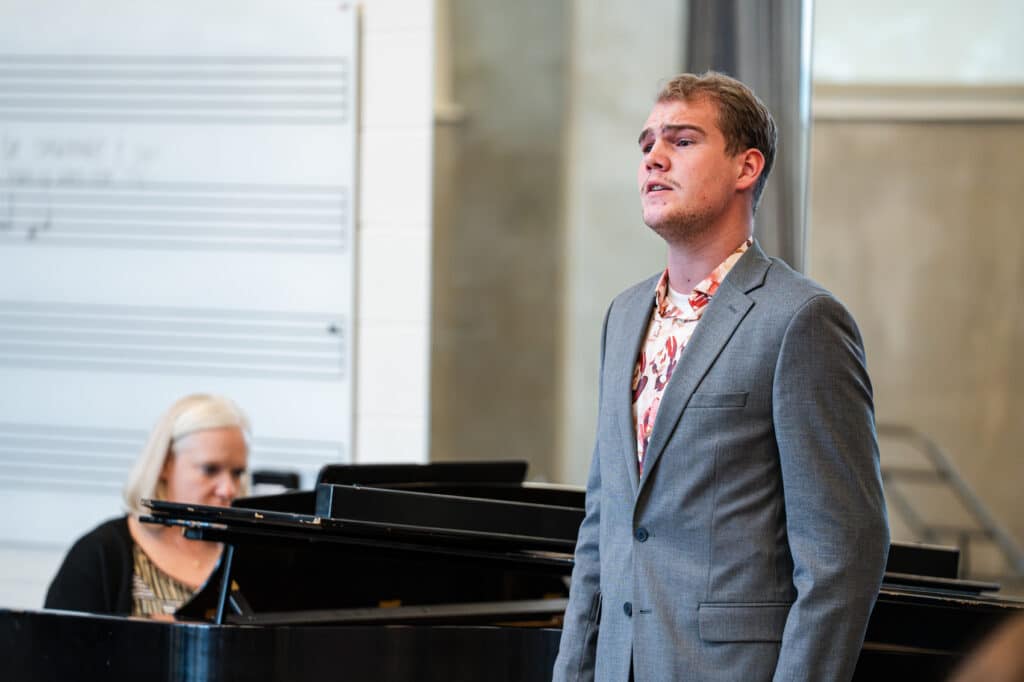
Music, BA Concentration
Music & Culture
Where music becomes a way to explore history and the human experience.
Program Overview
The Music & Culture concentration is for students who are fascinated by the broader role music plays in society. This program explores how music reflects history, values, and cultural traditions across time and place. It’s an ideal path for students who want to dive into music as a lens for understanding people, communities, and global perspectives.
You’ll study musical traditions from around the world, examine how music connects to important social and historical moments, and develop strong skills in writing, research, and analysis. Whether you’re interested in working in the arts, education, cultural organizations, or continuing your studies in the humanities, this program provides a rich foundation.
Why study Music & Culture?
- Study how music influences, and is influenced by, society, culture, and place
- Explore a wide range of musical genres, practices, and traditions
- Learn to think critically, write effectively, and analyze thoughtfully
- Prepare for careers in education, archives, community programs, arts writing, and more
- Excellent foundation for graduate study in areas such as musicology, law, cultural studies, or the humanities
- Flexible curriculum that can be tailored toward your individual interests
- Opportunities for interdisciplinary learning and collaboration
- Combines well with international study and many varieties of global engagement
- Highlights wide-ranging musical ensemble experiences, from western art music, to Balinese gamelan, to regional styles of Appalachia, and more
- Benefit from individualized mentoring, with one-on-one guidance and support from Musicology faculty members
What can you do with a Music & Culture concentration after graduation?
The skills gained (research, analysis, communication, and cultural understanding) from this concentration translate across many professions. Graduates with this concentration pursue a variety of paths, including:
- Establish foundations for roles in museums, cultural heritage, archives or librarianship
- Roles in arts or non-profit organizations
- Arts education, community engagement and organizing
- Arts writing, editing, publishing, and media
- Graduate study in ethnomusicology, historical musicology, law, or anthropology
- Explore opportunities for post-bachelor’s international study, including through fellowships and grants
Featured Courses
More course information can be found in the undergraduate catalog.
ANTH 130 Cultural Anthropology
Major concepts and methods in the study of culture; survey of cross-cultural similarities and differences in subsistence, social organization, economic, political, and religious institutions; language, ideology and arts. Contributions of anthropology to resolving contemporary human problems.
MUTH 306 Popular Music Style and Analysis
Study of the musical features of popular music across a broad spectrum of styles including country, rock, hip-hop, punk, progressive rock, metal, grunge, rap, pop, and more using a variety of analytical methods synthesized to understand meaning, style, and interpretation.
MUCO 220 History of Western Music, Classical to the Present
Historical study of musical styles, practices, theories, and context of European art music from 1750 to present. Develops skills in independent research, critical thinking, and expository writing.
MUCO 422 Global Currents in Music Festivals
Study of music festivals, and regional, national and global celebrations showcasing live or recorded musical performances. Consideration of how these events offer spaces for productive intercultural exchanges. Includes engagement with locally organized music festivals in Knoxville or East Tennessee, such as Big Ears, Dogwood Arts, Hola, Knox Asian, or Bonnaroo, and research projects employing ethnographic methods.

Still want to take applied lessons?
Music, BA students have the option to take applied lessons in an instrumental or vocal studio. Students pursuing this option will need to audition for the studio. This is not a requirement for admission to the Music & Culture program. More information can be found on our Auditions & Interviews page.
Each studio is led by expert faculty and enhanced by opportunities to work with visiting guest artists, professional coaches, and collaborative performers. This close-knit environment helps you refine your technique, shape your artistic voice, and prepare for what’s next.

Admissions and Aid
Choosing the right university to pursue a music degree is an important decision and a significant investment. We want to make sure that you have the information you need to both apply and make attending UT affordable.
Questions? We’re here to help. Contact our admissions team at [email protected].

